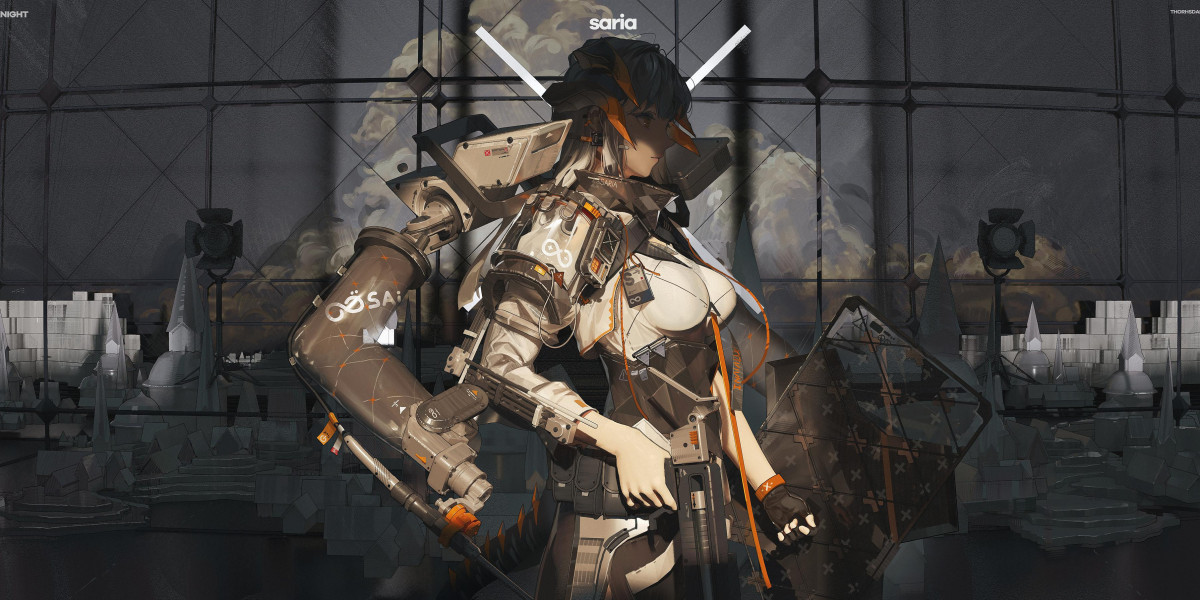Car interiors are not natural listening environments. Unlike home audio, where speakers can be placed in ideal left-right symmetry, cars force components into uneven spaces, off-axis angles, and short listening distances. This makes it essential for tweeters to be positioned intentionally and intelligently, based on how sound reflects, travels, and arrives at the listener’s ears. Elite Auto Gear has helped countless builds achieve perfect imaging, and today we’re breaking down the core principles behind getting it right.
Why Tweeter Positioning Matters for Imaging
Tweeters produce the highest frequencies—vocals, piano keystrokes, guitar strings, cymbals, and delicate musical details that carry realism and clarity. These frequencies are directional, meaning they travel in a straight line and are easily affected by reflections, angles, and distance.
Poor tweeter placement can cause:
Harsh or overly bright highs
A “left-heavy” or “right-heavy” sound
Music that seems to come from the speakers instead of in front of you
Inconsistent tone at different seating positions
Fatigue from imbalance and distortion
Great placement, on the other hand, produces:
A centered soundstage
Vocals that seem to float on the dash
Precise instrument separation
Natural musical presence
Smooth transitions between midrange and high frequencies
It’s one of the most noticeable upgrades you can achieve without replacing major equipment.
Common Tweeter Placement Options
Elite Auto Gear works with different installation layouts depending on the vehicle, component set, and customer preferences. The most common tweeter positions include:
1. Sail Panel Mounting
Sail panels offer excellent height and angle options. When aimed properly, this location allows imaging to center near the windshield and provides strong separation without harshness.
2. A-Pillar Mounting
Custom A-pillars are a favorite among high-end audio builds. They allow:
Exact aiming toward the listener
Equalization for both driver and passenger
Optimal off-axis response
This is ideal for systems running active tuning with DSPs.
3. Upper Door Panel Placement
If A-pillars are not an option, door panels provide balance and symmetry. They also integrate smoothly with mid-bass drivers installed in the same area, helping coherence where crossover points meet.
4. Dash-Mounted Tweeters
Some vehicles include factory tweeter locations on the dash. These can work well, but only if reflections from the windshield are taken into account, as they can introduce brightness and distortion if left untreated.
Aiming and Angle: The Secrets Behind Perfect Imaging
Elite Auto Gear teaches that placement is only half the story—aiming matters just as much. Tweeters should not simply be placed where space allows; they must be oriented so that high frequencies arrive evenly at the listener’s ears.
Driver Bias and Compensation
In a vehicle, the driver sits closer to the left tweeter. If both tweeters are pointed straight forward, the sound will favor the driver’s side. That’s why careful aiming is needed to equalize arrival time and intensity.
A few proven strategies include:
Aim the near-side tweeter slightly away from the driver
Aim the far-side tweeter more directly toward the driver
Use DSP delay (if available) to align arrival times
On-Axis vs. Off-Axis
Depending on tweeter design, different angles can dramatically impact the sound.
On-Axis Aim:
Louder and brighter, ideal for smoother tweeters.Off-Axis Aim:
Slightly softer but often more natural, ideal for sharper tweeters or reflective interiors.
Experimentation is key, and small adjustments often bring major improvements.
How Your Gear Affects Tweeter Performance
Equipment selection can enhance or limit what careful placement can achieve. For example, systems powered by modern touchscreen units such as the boss elite be10acp often have built-in DSP or time alignment features, making fine-tuning easier and more precise. With digital tuning, even small adjustments in milliseconds can reposition vocals, shift the center image, and improve stereo width.
Higher-end systems that run external processors can go even further, offering:
Adjustable crossover slopes
Phase alignment
Independent channel EQ
Output control for each driver
Elite Auto Gear recommends combining proper tweeter placement with digital adjustment for maximum sonic accuracy.
Testing and Evaluating Your Tweeter Placement
Elite Auto Gear uses a structured approach to evaluate tweeter imaging, and you can apply the same techniques at home.
1. Use Reference Tracks
Songs with:
Centered vocals
Minimal reverb
Natural instrument spacing
…help you judge stage placement accurately.
2. Sit in the Driver’s Seat
Close your eyes and locate:
The center vocal position
The width of the soundstage
Instrument locations
If vocals seem to come from the driver’s side, the near tweeter may be too strong or pointed too aggressively.
3. Make One Change at a Time
Adjust your:
Tweeter angle
Crossover point
EQ
DSP delay
…and re-evaluate after each change.
Incremental refinement produces the best outcome.
Common Tweeter Positioning Mistakes Elite Auto Gear Sees
Over many installs, the most frequent issues we observe include:
Tweeters aimed directly at glass surfaces
Mounting too close to midrange woofers
Excessive brightness from on-axis installation
No time alignment applied
Ignoring passenger-side balance
Correcting even one of these problems can transform the listening experience.
Final Thoughts
Perfect imaging doesn’t happen by accident. You can have premium speakers, powerful amplifiers, advanced source units like the boss elite be10acp, and yet still miss realism if tweeters are not positioned and tuned intentionally. With proper aiming, smart placement, and thoughtful tuning, your music can take on a new dimension—one where vocals glide across the dash, instruments occupy precise spaces, and the system disappears into a unified soundstage.





